
This content was recently updated by Sudhir Singh on March 19, 2025 to improve accuracy.
With the growing use of digital communication, scammers have found new ways to target individuals through WhatsApp, phone scam calls, and text messages. Over the past few years, there has been a significant increase in fraudulent activities involving calls and messages from international numbers. Specifically, numbers originating from +92 (Pakistan), +44 (United Kingdom), and +1 (United States and Canada) have been linked to a variety of scams.
Many victims report receiving unsolicited calls or WhatsApp messages from these numbers, often claiming to be from well-known companies, financial institutions, or even law enforcement agencies. These scams are designed to trick individuals into sharing personal information, making payments, or clicking on malicious links.
Latest News Update:
Scam Se Bacho Campaign
The Department of Telecommunications (DoT), in collaboration with Meta’s popular instant messaging platform, WhatsApp, has launched a nationwide campaign titled “Scam Se Bacho” to combat the rising issue of fraudulent calls and messages in India.
In recent years, the country has seen an alarming increase in cyber fraud, digital harassment, and cyberbullying, resulting in significant financial losses and emotional distress among victims.
The “Scam Se Bacho” campaign aims to educate and empower citizens by raising awareness about identifying and avoiding digital scams and threats, promoting safer online communication, and encouraging proactive reporting of suspicious activities.
Blocked over 3,000 Skype IDs and 83,000 WhatsApp accounts
Further intensifying its efforts, the Centre has blocked over 3,000 Skype IDs and 83,000 WhatsApp accounts associated with a significant digital arrest scam.
Additionally, the ‘Citizen Financial Cyber Fraud Reporting and Management System’ under the Indian Cyber Crime Coordination Centre (I4C), introduced in 2021, enables immediate reporting of financial frauds and aims to prevent fraudsters from siphoning off funds.
I’ll include real-world examples based on widely reported scams from Google, media reports, and cybersecurity blogs that have covered similar incidents.
Whatsapp Scam Involving +92, +44, and +1 Numbers
Example 1: The WhatsApp Verification Scam (Pakistan, +92)
In 2023, a widespread WhatsApp scam targeted users in India and the Middle East, where fraudsters used +92 numbers to impersonate WhatsApp customer support. The victims received messages stating that their WhatsApp accounts would be suspended unless they verified their identity. The scammers requested the six-digit OTP code sent by WhatsApp to the victim’s phone.
🚨Victim Story:
One individual from Mumbai received a WhatsApp message from a +92 number, claiming to be a WhatsApp security team representative. The message stated that due to “unusual activity,” the account would be locked unless the OTP was shared. The victim, unaware of the fraud, provided the OTP. Within minutes, they were locked out of their account, and the scammers used the hijacked WhatsApp to ask their contacts for money.
✅ Lesson Learned:
- WhatsApp never asks for verification codes via messages or calls.
- Never share your OTP with anyone, even if the message looks official.
- Enable two-step verification to prevent account takeovers.
Example 2: The Fake Police Call Scam (UK, +44)
In the UK, a surge of fraudulent calls from +44 numbers involved scammers pretending to be police officers or government officials. Victims were told that their National Insurance Number (NIN) had been compromised and that they were under investigation for identity fraud.
🚨 Victim Story:
A 62-year-old man in London received a call from a +44 number, with the caller claiming to be from the UK Home Office. They stated that his identity had been used in a serious crime, and he had to transfer funds to a “safe government account” to clear his name. Out of fear, he transferred £5,000, only to realize later that he had been scammed.
✅ Lesson Learned:
- Government agencies never ask for payments over the phone.
- Always verify with the official organization before making any transactions.
- Hang up and call the official helpline if you receive such calls.
Example 3: The IRS Scam (USA, +1)
Scammers using +1 numbers (United States and Canada) have long been running frauds impersonating the IRS (Internal Revenue Service). The scam typically involves a call stating that the victim owes unpaid taxes and will be arrested unless payment is made immediately.
🚨 Victim Story:
A woman in Texas received a call from a +1 (Washington D.C.) number, claiming to be an IRS official. She was told that she had $3,500 in unpaid taxes and that unless she made an immediate bank transfer, she would be arrested. The scammer knew her name, address, and partial Social Security Number, making the call seem real. Out of panic, she transferred the money, only to later learn that it was a fraud.
✅ Lesson Learned:
- The IRS never calls to demand immediate payments.
- Always check your tax status on the official IRS website.
- Scammers often use social engineering (knowing your basic details) to make their calls more convincing.
Example 4: The Missed Call Scam (Pakistan, +92)
A scam known as the “Wangiri Scam” has been reported in multiple countries, where people receive missed calls from international numbers (especially from +92). The scam works by tricking people into calling back, which results in them being charged high international fees.
🚨 Victim Story:
A man in Dubai received three missed calls from a +92 number. Thinking it was important, he called back and stayed on the line while he heard music playing in the background. By the time he realized it was a scam, he had been charged $15 per minute for an international call.
✅ Lesson Learned:
- Never return missed calls from unknown international numbers.
- If it’s an important call, the person will leave a voicemail or try again.
- Check your phone bill regularly for unexpected charges.
Example 5: The “Relative in Trouble” Scam (WhatsApp +44 & +1)
A scam reported in Canada, the US, and the UK involved fraudsters sending WhatsApp messages pretending to be a family member in urgent need of money.
🚨 Victim Story:
A mother in Toronto, Canada, received a WhatsApp message from a +44 number claiming to be her son, who had lost his phone and was borrowing a friend’s. The message read:
“Mom, I lost my phone and need to pay my hostel fees today. Can you send $500 to this account?”
She didn’t realize it was a scam and immediately transferred the money. It was only when she called her son’s actual phone number that she realized she had been tricked.
✅ Lesson Learned:
- Always call the person directly before sending money.
- Verify the details before making payments.
- Scammers use emotional manipulation to create urgency.
How Scammers Use WhatsApp and International Calls to Target Victims
Scammers rely on a variety of tactics to gain a person’s trust and extract information or money. Below are some of the most common scams associated with these numbers.
1. WhatsApp Scam Calls from International Numbers
Many people have reported receiving WhatsApp calls from unknown international numbers, particularly from +92, +44, and +1. These calls often come with fraudulent claims that are intended to create a sense of urgency and pressure the recipient into taking immediate action.
How the Scam Works:
- The caller pretends to be from WhatsApp customer support, a bank, or a government agency.
- They may claim that your WhatsApp account is at risk or that unusual activity has been detected.
- In some cases, they ask for a One-Time Password (OTP) to verify your account.
- If you provide this code, scammers can gain access to your WhatsApp account and use it to scam others.
How to Stay Safe:
- Never share OTPs or verification codes with anyone. WhatsApp will never ask for your password or verification code over the phone.
- If you receive a suspicious WhatsApp call from an unknown international number, ignore it and block the caller.
- Enable two-step verification in your WhatsApp settings to add an extra layer of security to your account.
- If you suspect that someone is trying to access your WhatsApp account, contact WhatsApp support directly.
2. Fraudulent Calls from +92, +44, and +1 Numbers
Scammers frequently use phone calls as a way to deceive people into revealing sensitive information or sending money. These fraudulent calls can come in many forms.
Common Scams:
- Fake Lottery or Prize Scams: The caller informs you that you have won a lottery, contest, or cash prize, but in order to claim it, you need to pay a small registration fee or provide bank details.
- Bank Fraud Calls: The caller pretends to be from your bank and claims that your account has been compromised. They ask for your card details, account number, or OTP to “verify” your identity.
- Threatening Calls: Some scammers pretend to be from law enforcement agencies like the FBI, Interpol, or tax authorities. They claim that you are under investigation and need to pay fines to avoid legal action.
- Missed Call Scams (Wangiri Scam): The scammer calls once and immediately hangs up, hoping that you will call back. If you do, you may be charged high international call fees.
How to Stay Safe:
- Do not answer or return calls from unknown international numbers.
- If you receive a call from someone claiming to be from your bank or law enforcement, hang up and call the official customer service number to verify.
- Never share personal or financial details over the phone.
- Consider using call-blocking apps to filter out scam calls.
3. WhatsApp Text Message Scams
Scammers also use WhatsApp messages to trick individuals into revealing personal information or clicking on dangerous links. These messages often appear urgent and are designed to provoke an immediate response.
Examples of Fake Messages:
- “Your WhatsApp account will be suspended if you do not verify immediately. Click this link to confirm.”
- “Hey, this is your cousin! My phone was stolen, and I need money urgently. Can you send me some funds?”
- “You have won a free trip to Dubai! Click here to claim your prize.”
These messages often contain links to phishing websites that steal personal information or install malware on your device.
How to Stay Safe:
- Never click on links from unknown WhatsApp contacts.
- If you receive a suspicious message from someone claiming to be a friend or relative, call them directly to confirm their identity.
- Do not respond to messages from unknown international numbers.
- Report scam messages to WhatsApp and block the sender.
New Types of Scams and Spam to Watch Out For
Scammers are always finding new ways to trick people. Below are some emerging scams that have been reported.
Job Offer Scams
- Scammers pose as recruiters offering high-paying remote jobs.
- They request a security deposit or ask for personal details like bank account information before hiring.
- Once you send the money, the scammer disappears.
Investment & Trading Fraud
- Fraudsters claim to represent investment firms and promise huge returns on cryptocurrency, stocks, or forex trading.
- They ask for an initial investment and continue demanding more money over time.
- Victims often realize too late that their funds have been stolen.
Fake Love Interest Scams
- Scammers create fake profiles on dating apps or social media.
- They pretend to develop a romantic relationship and then ask for money for emergencies.
- These scams can continue for months before the victim realizes they have been deceived.
How to Block & Report Spam Calls and Messages
If you receive scam calls or messages, it is important to take action to protect yourself and others.
Blocking and Reporting on WhatsApp:
- Open the chat or call history from the scammer.
- Tap the three dots in the top right corner.
- Select Report & Block to prevent further contact.
Blocking Scam Calls on Your Phone:
- Go to your Call Log.
- Select the unknown international number.
- Tap Block & Report the scam calls.
Activating “Do Not Disturb” (DND) Mode:
Most telecom providers offer a Do Not Disturb (DND) service to block spam calls and messages. Check with your mobile operator for activation instructions.
Final Warning: Stay Cautious and Protect Yourself
These scams highlight how cybercriminals manipulate fear, urgency, and trust to deceive people. With the increasing number of fraud cases involving +92, +44, and +1 numbers, it is more important than ever to stay cautious.
How to Protect Yourself:
✔ Ignore and block suspicious numbers on WhatsApp and regular calls.
✔ Never share personal information, OTPs, or banking details over the phone.
✔ Verify claims by calling official helplines instead of trusting unknown callers.
✔ Enable two-factor authentication (2FA) on WhatsApp and banking apps for extra security.
✔ Spread awareness to family members, especially elderly relatives, who may be more vulnerable to such scams.
By staying informed and alert, you can avoid falling victim to these scams and help protect others by reporting fraudulent numbers and messages.
If you receive an unexpected call or message from one of these numbers, it is important to remain cautious and avoid engaging with the sender.
Scammers are becoming more sophisticated in their attempts to steal money and personal information. The best way to protect yourself is to stay informed, remain skeptical, and verify before acting.
If you receive an unexpected scam calls or messages from +92 (Pakistan), +44 (UK), or +1 (USA/Canada), do not engage. Instead, ignore, block, and report the sender to help prevent others from falling victim.
By staying aware and taking precautionary measures, you can significantly reduce the risk of falling prey to these scams. If something seems too good to be true or if a scam calls or message makes you feel uneasy, trust your instincts and walk away. Your personal and financial security is always worth protecting.


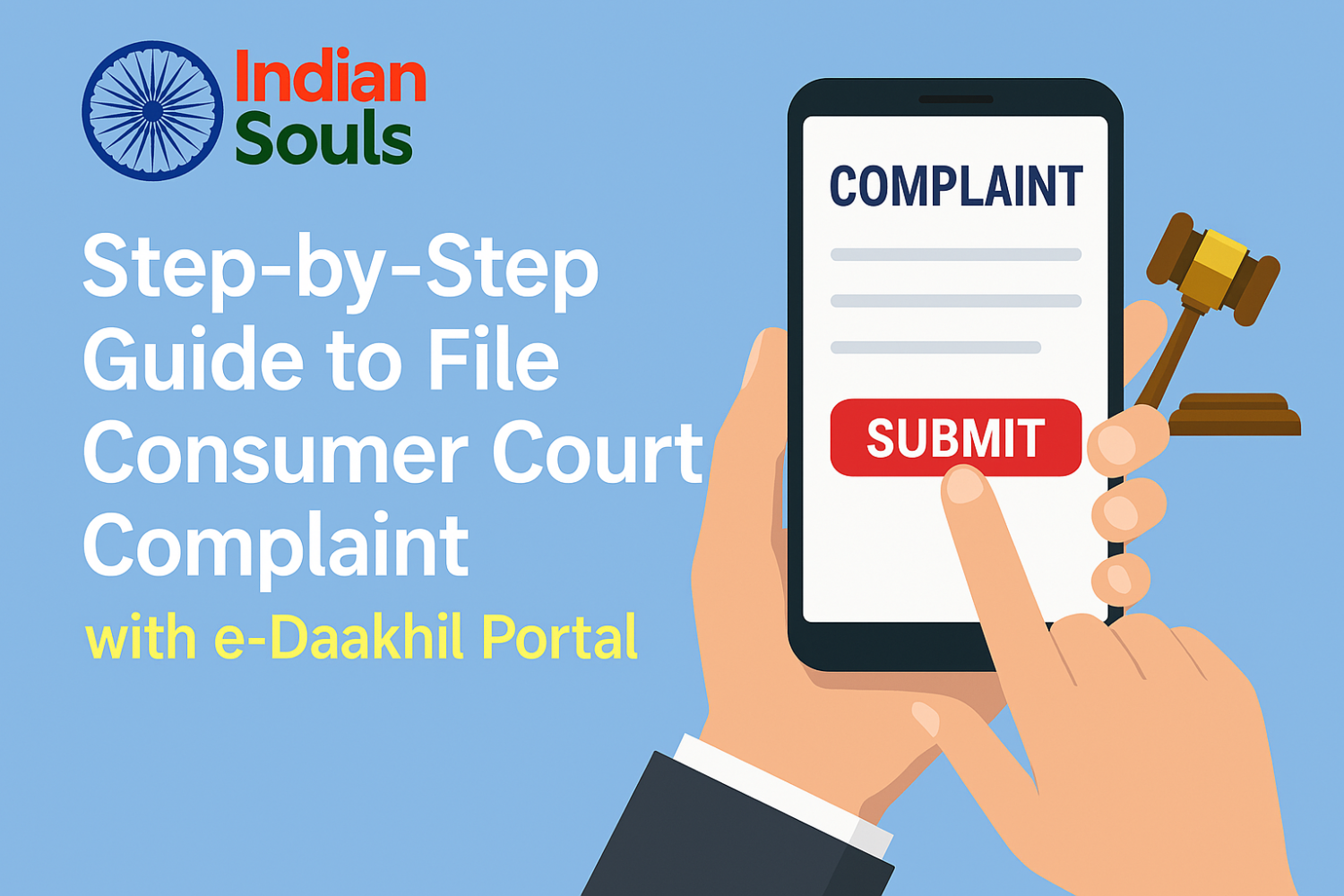
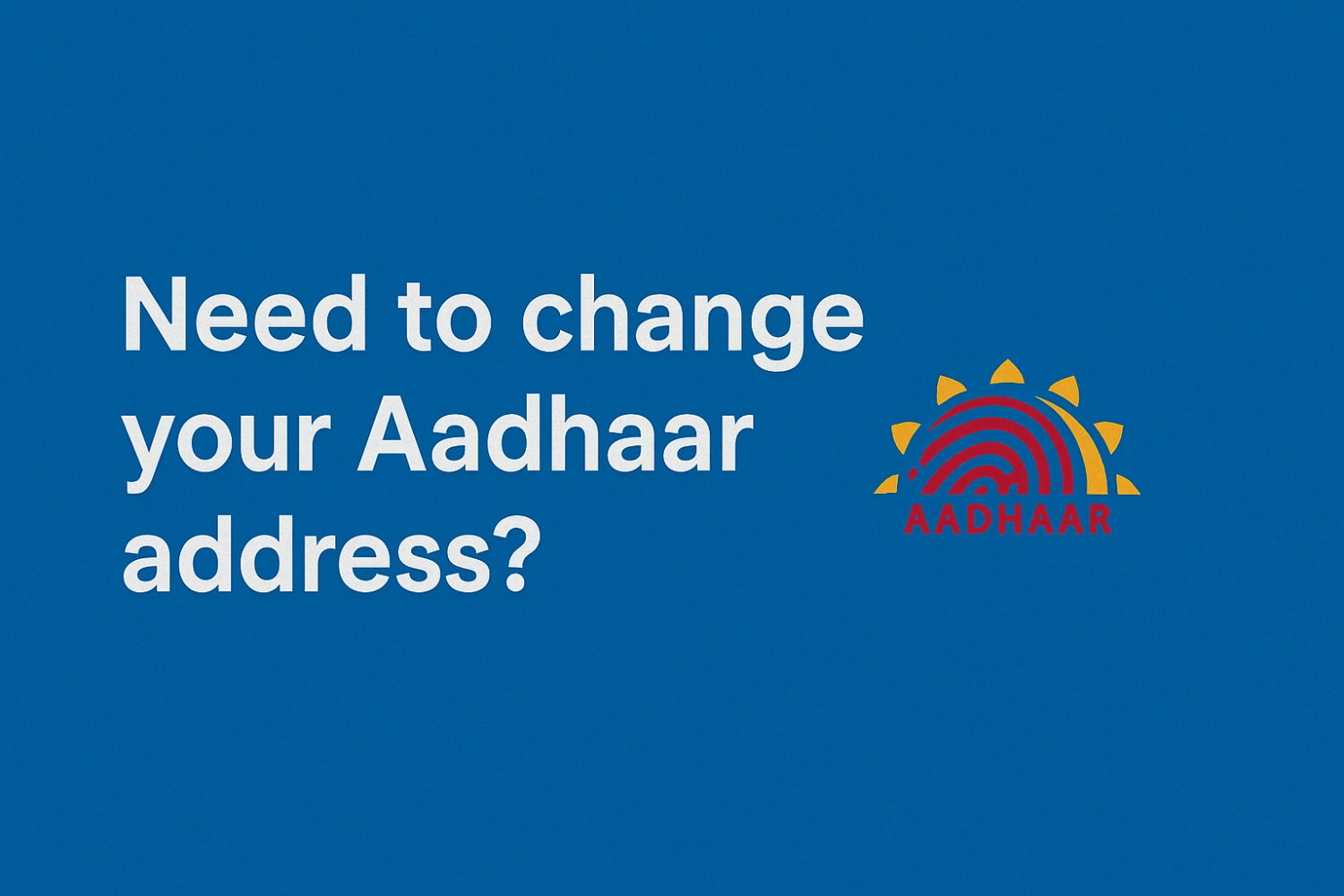
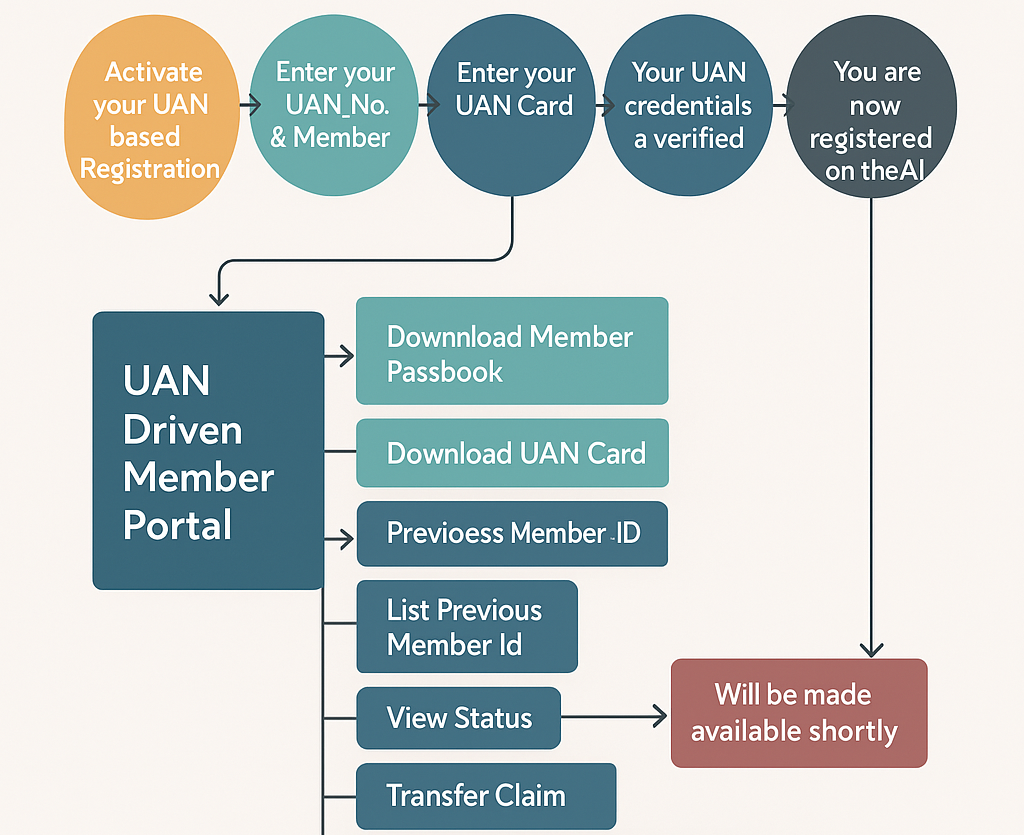




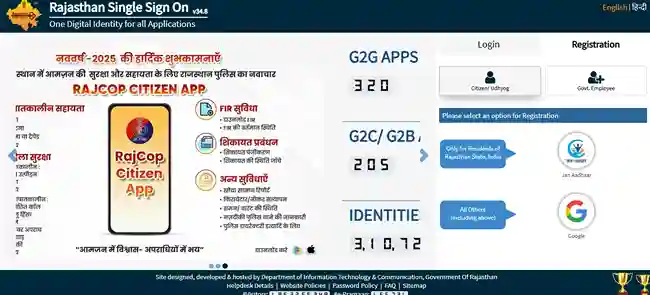
![12 Government Schemes Urban Poor Must Know About [2025 Guide]](https://indiansouls.in/wp-content/uploads/2025/05/image-1.jpg)



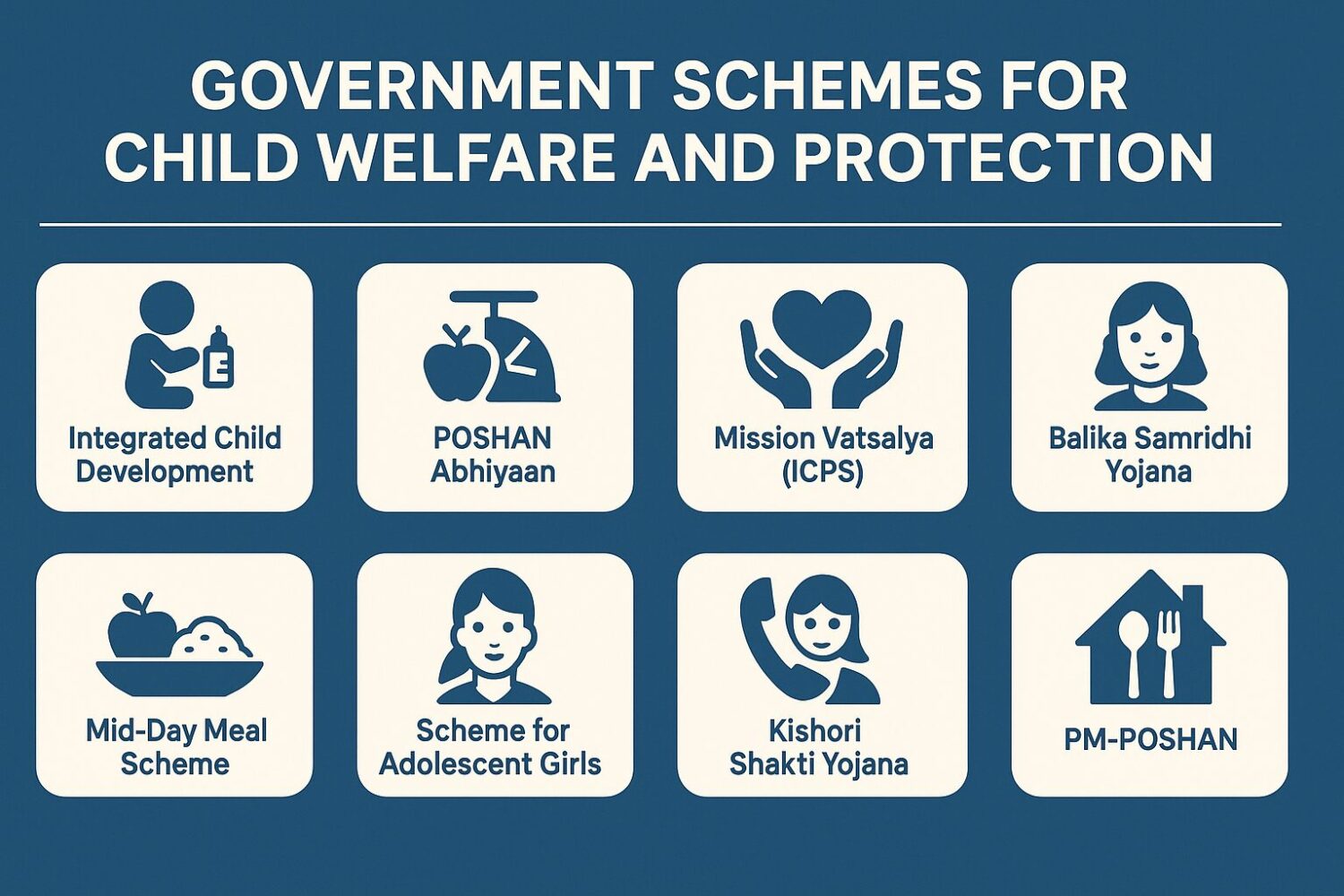
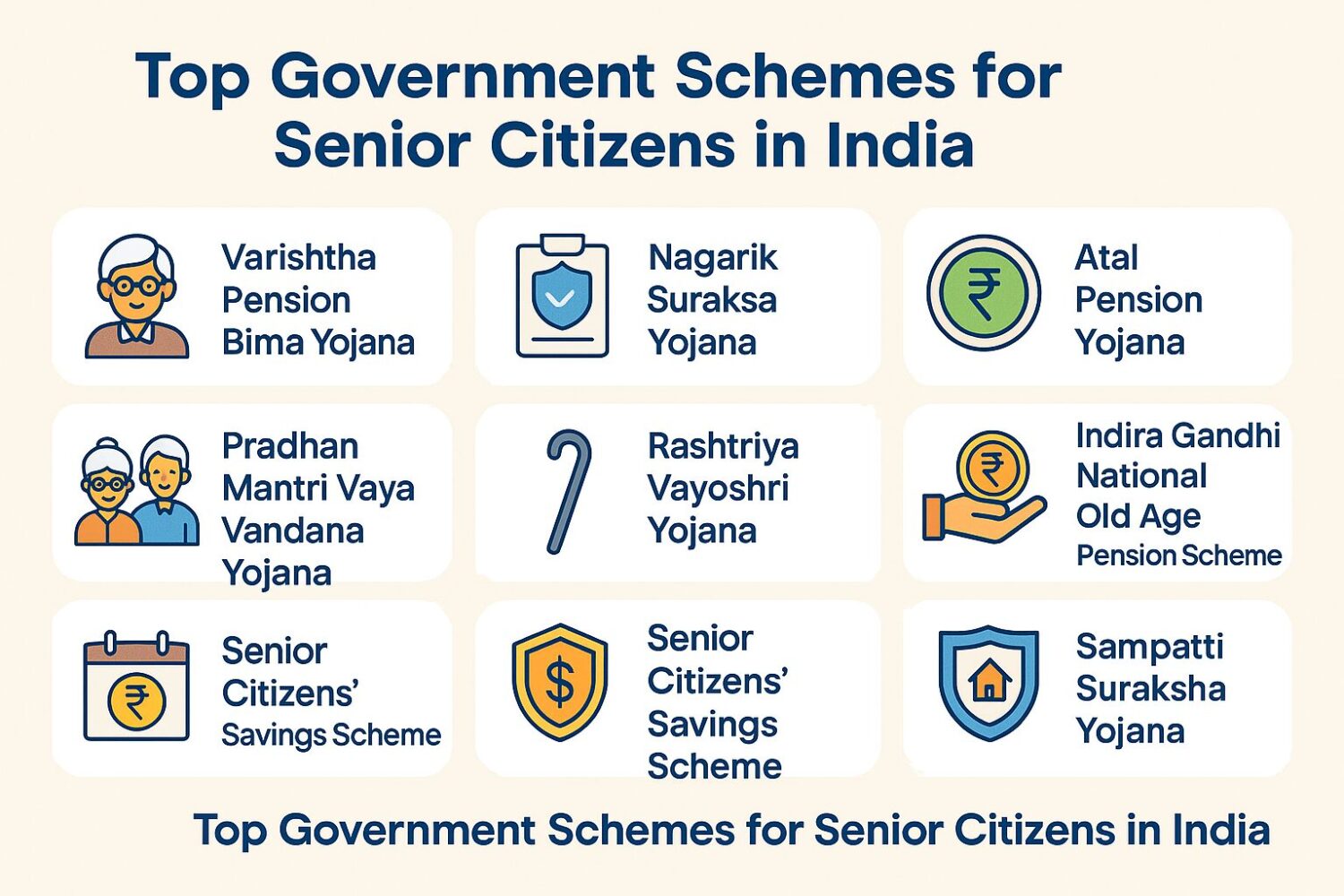


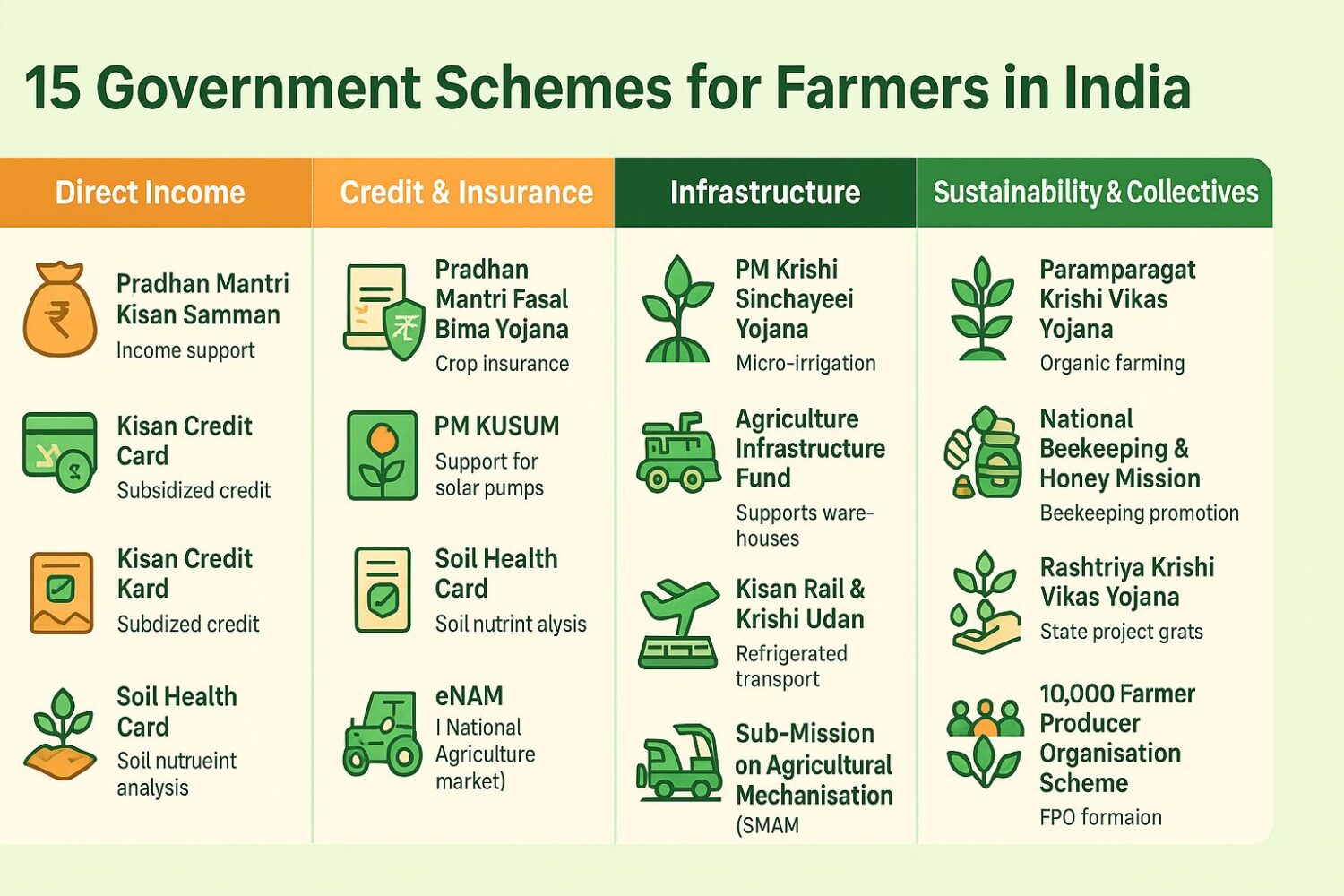
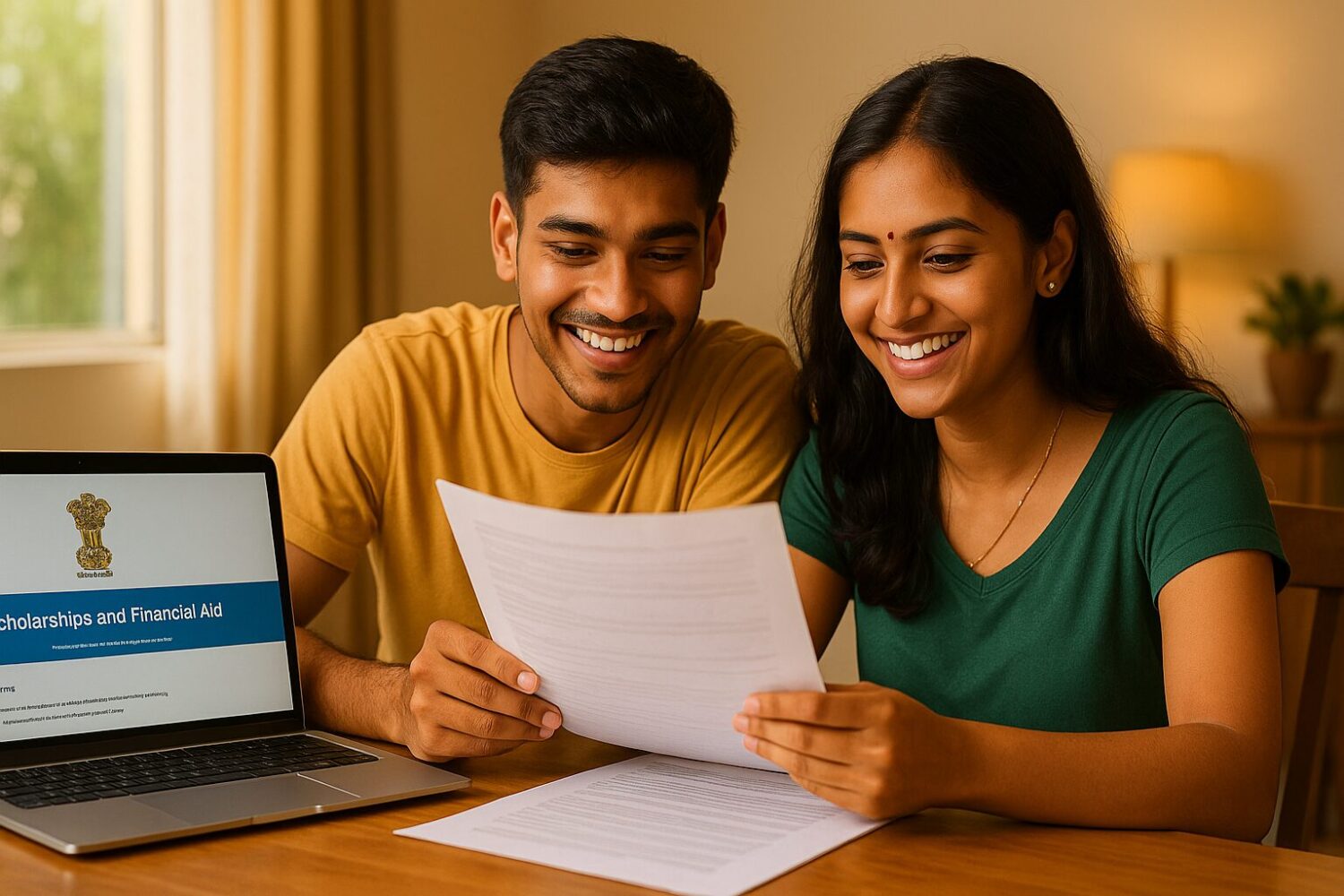

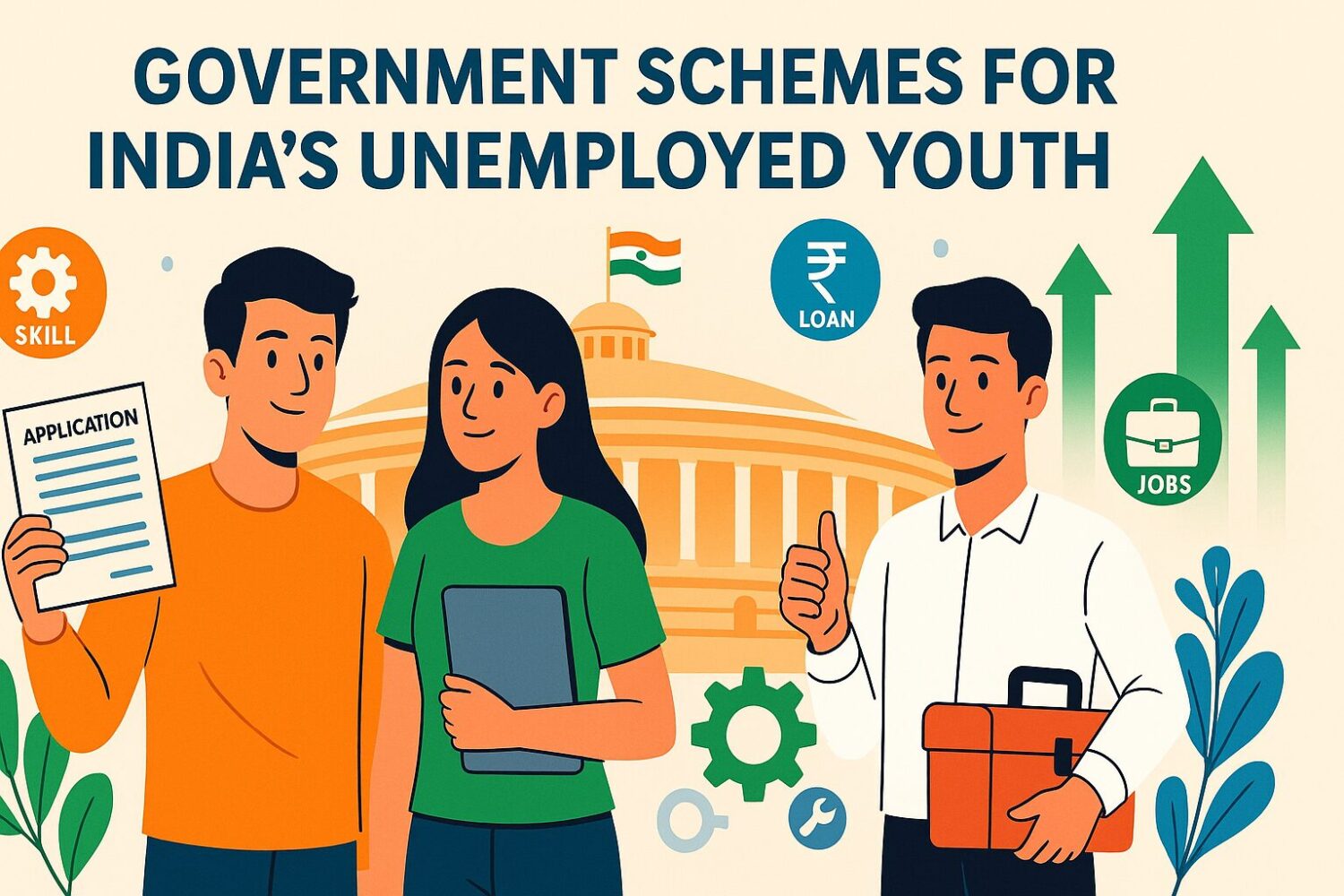


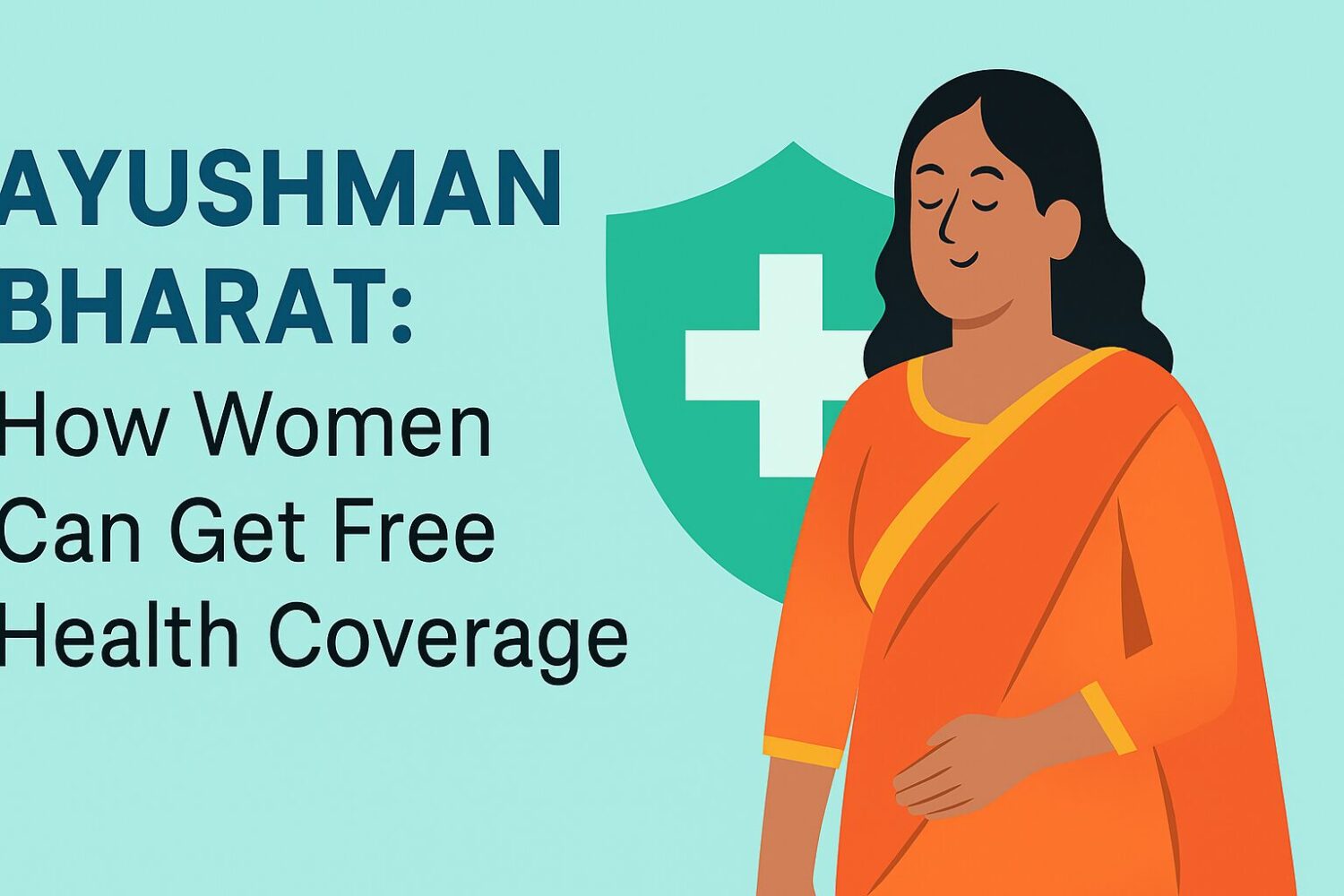
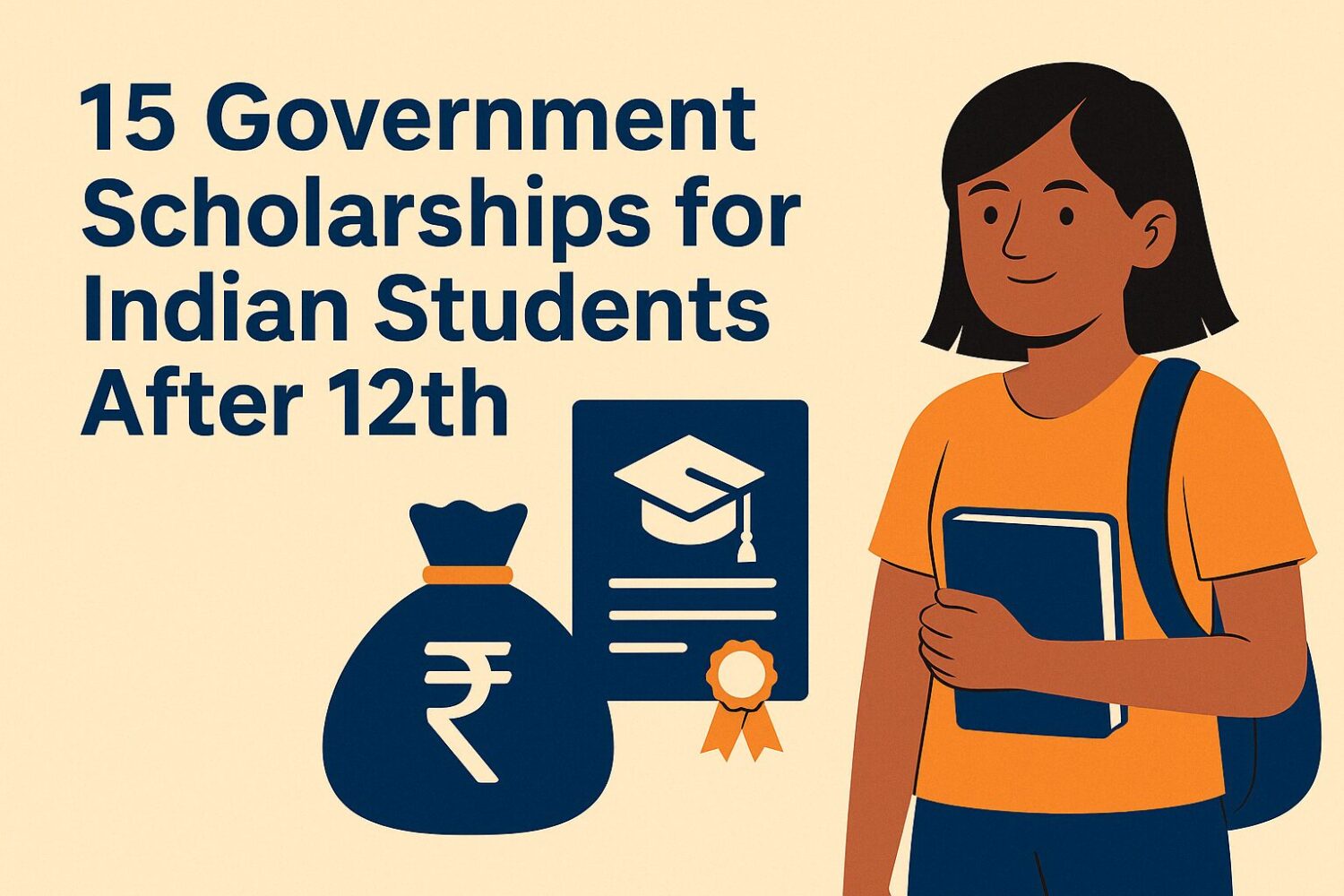



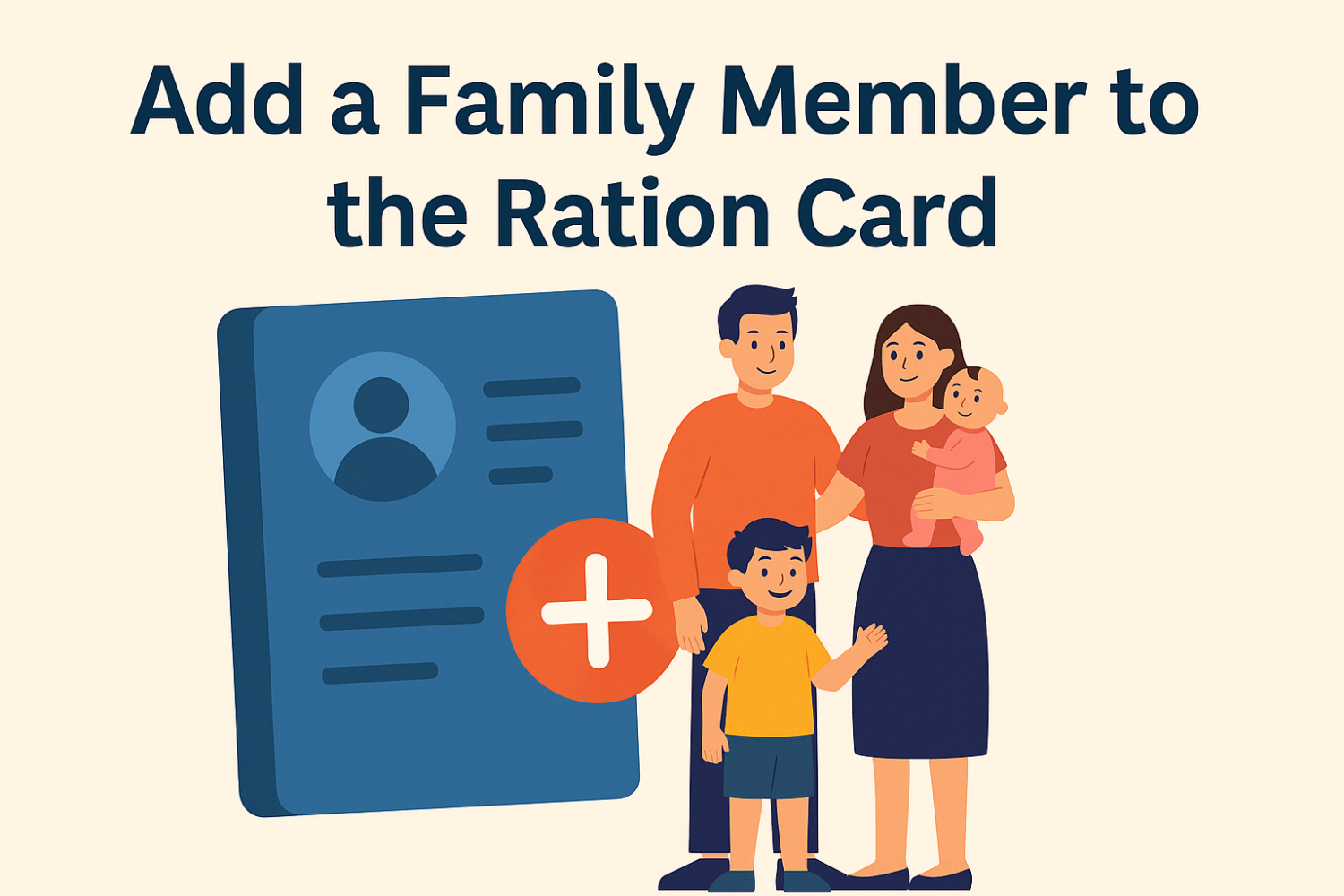


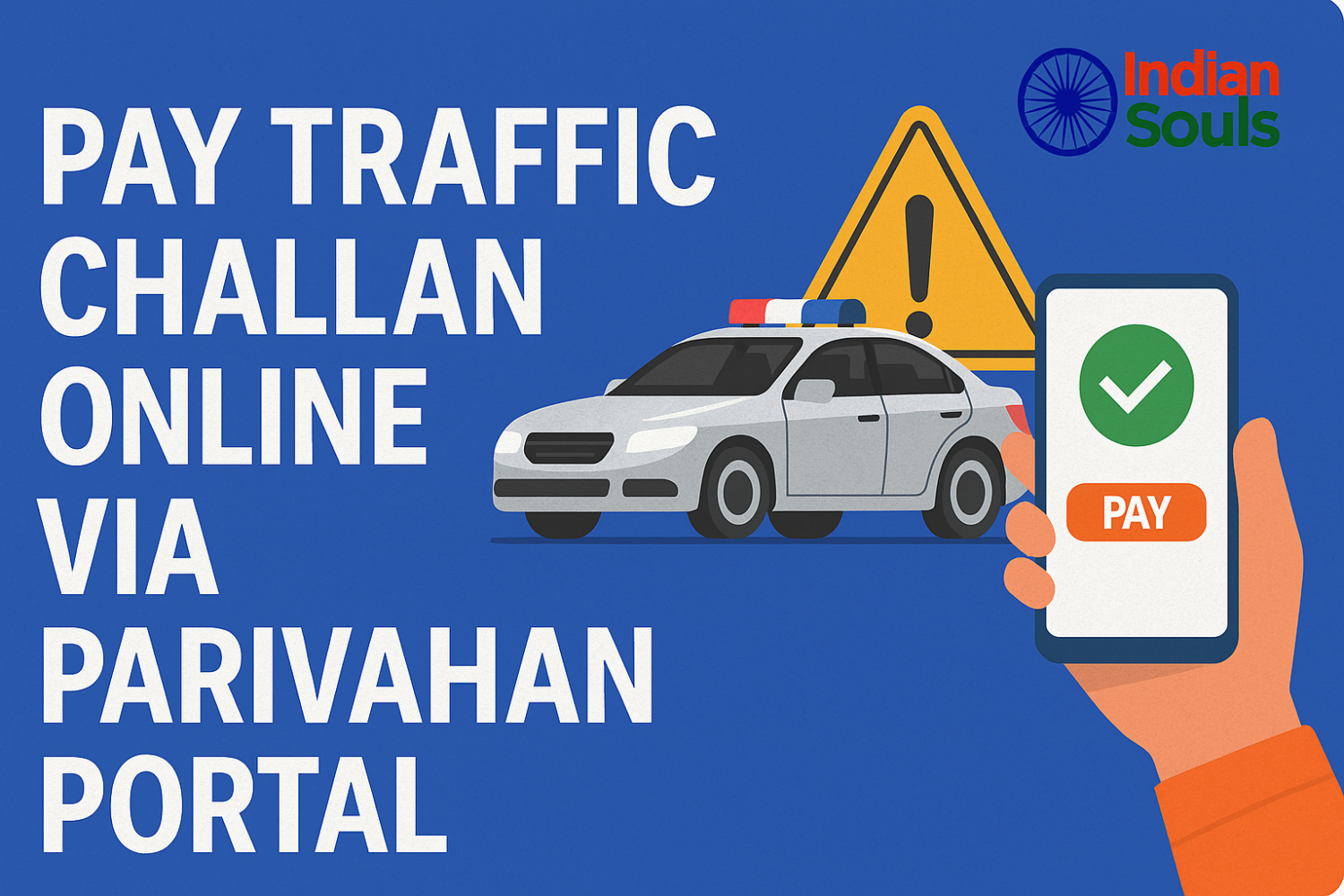
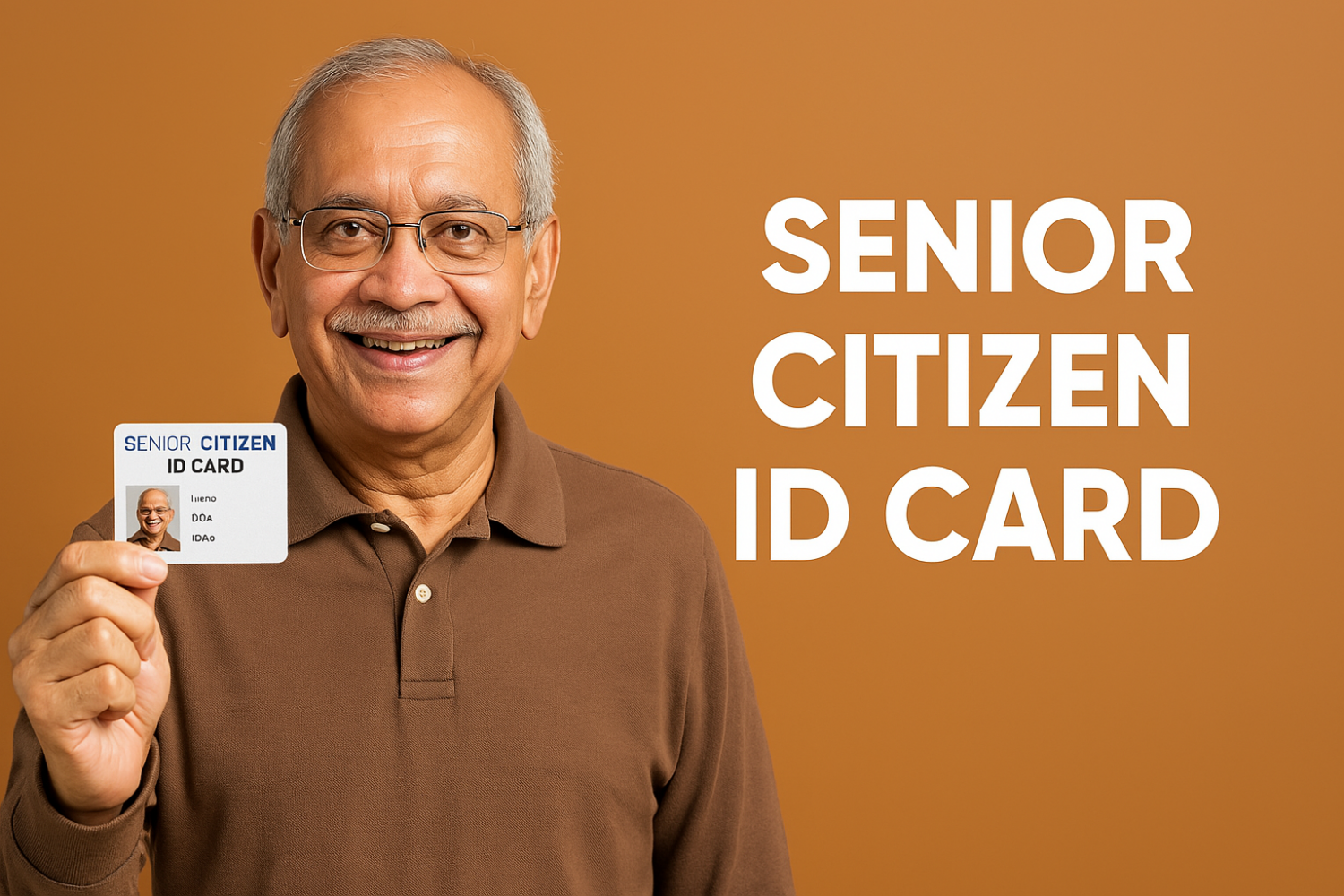
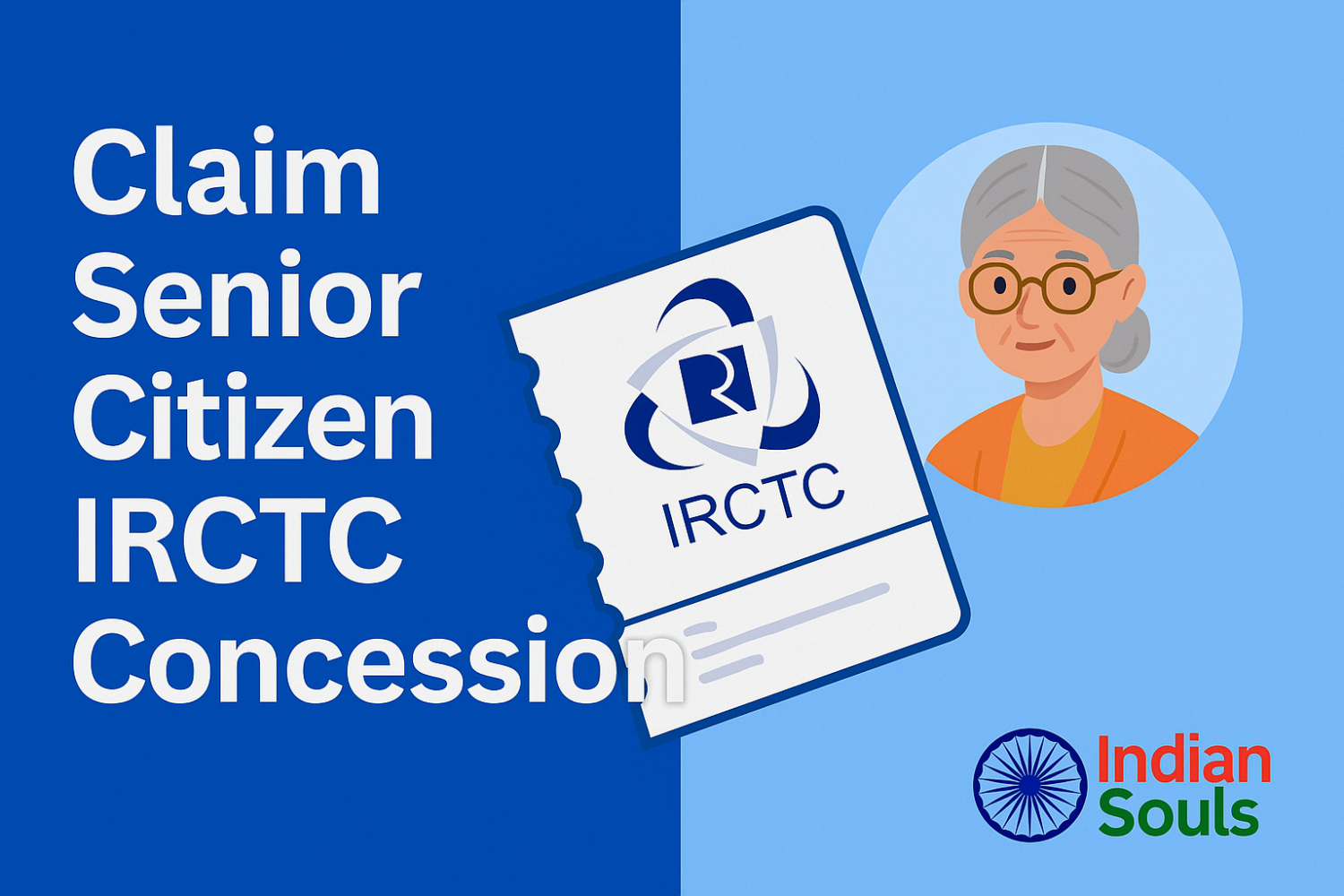

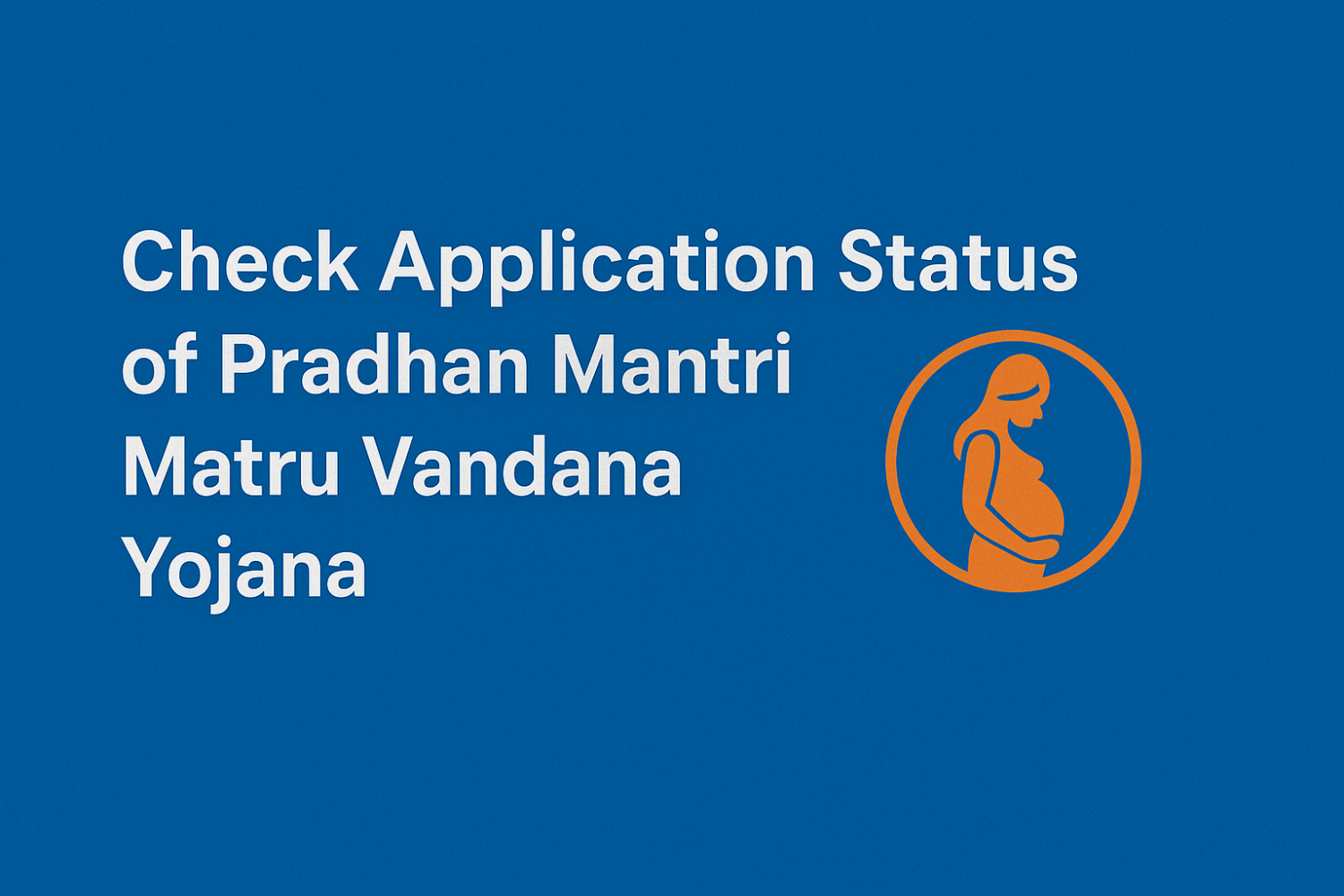





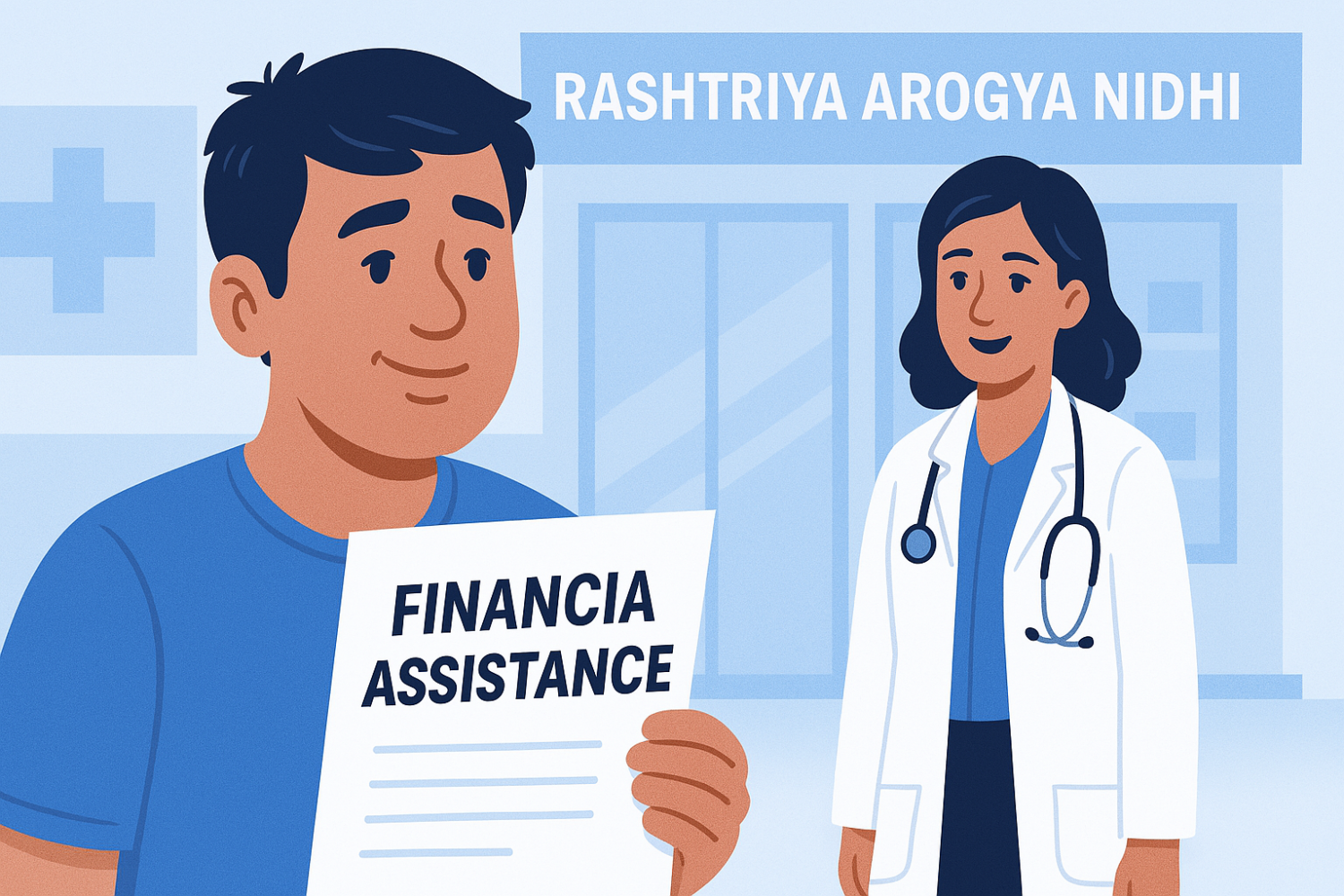





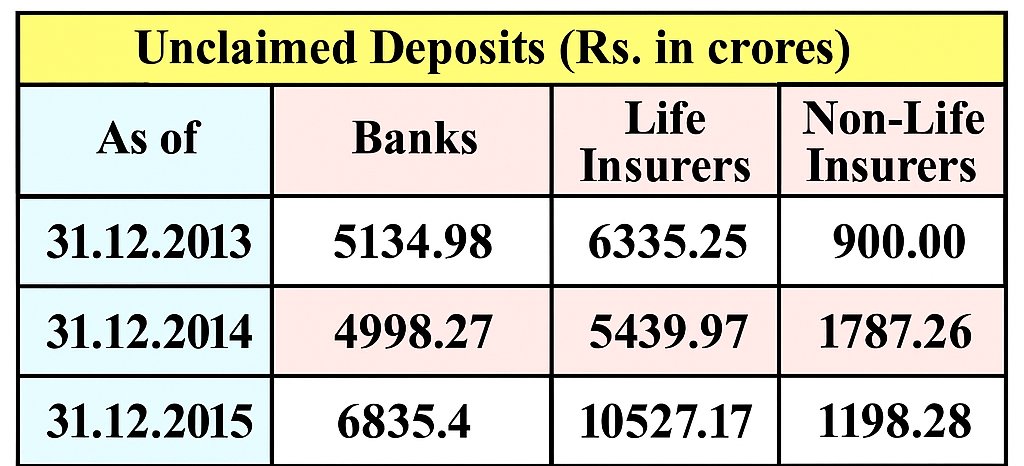

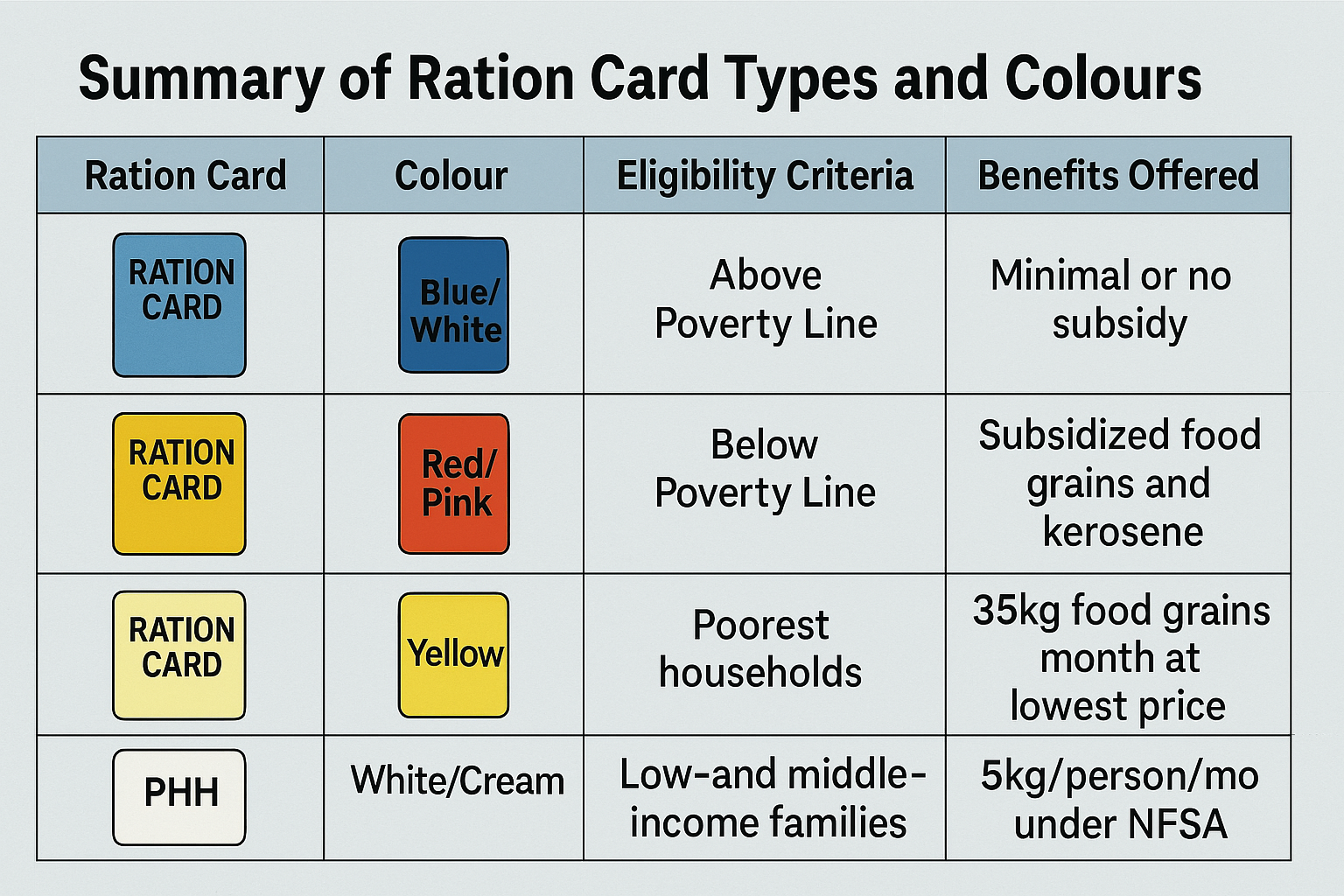

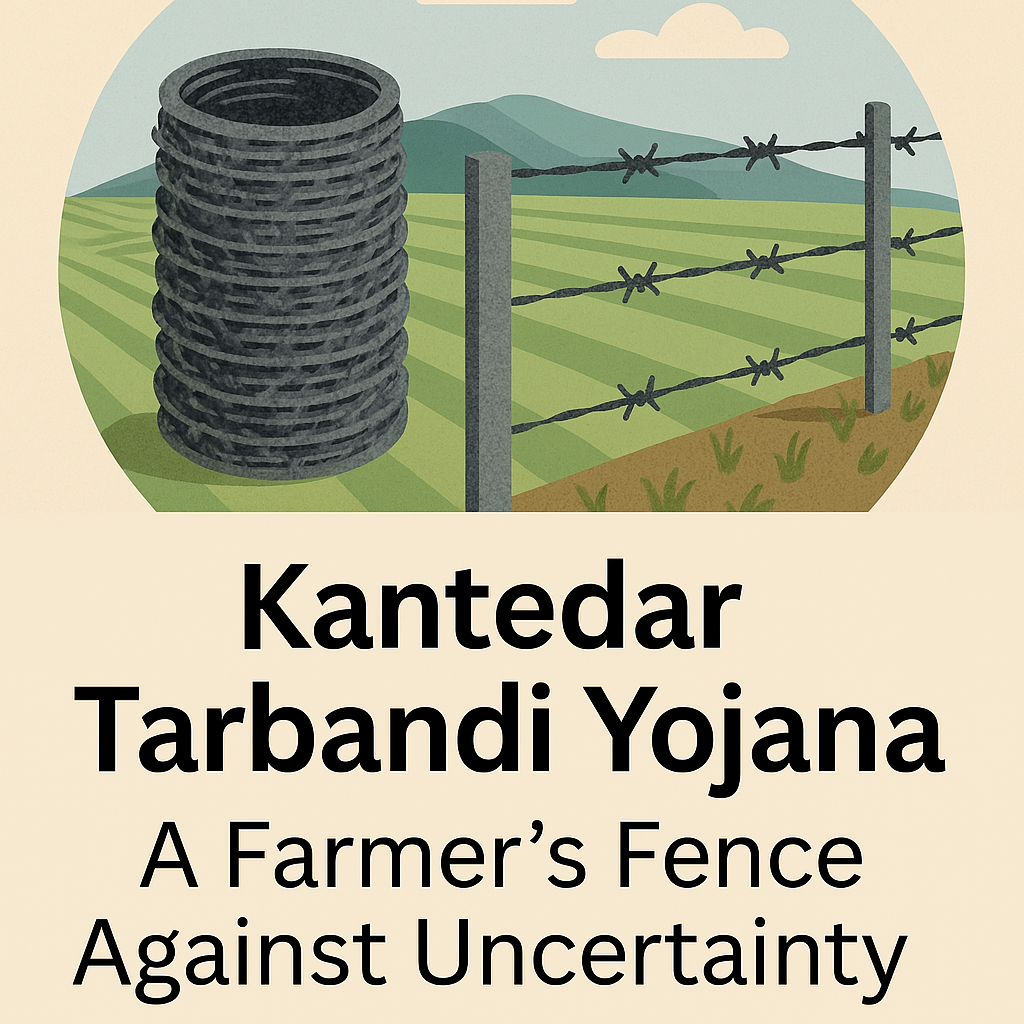

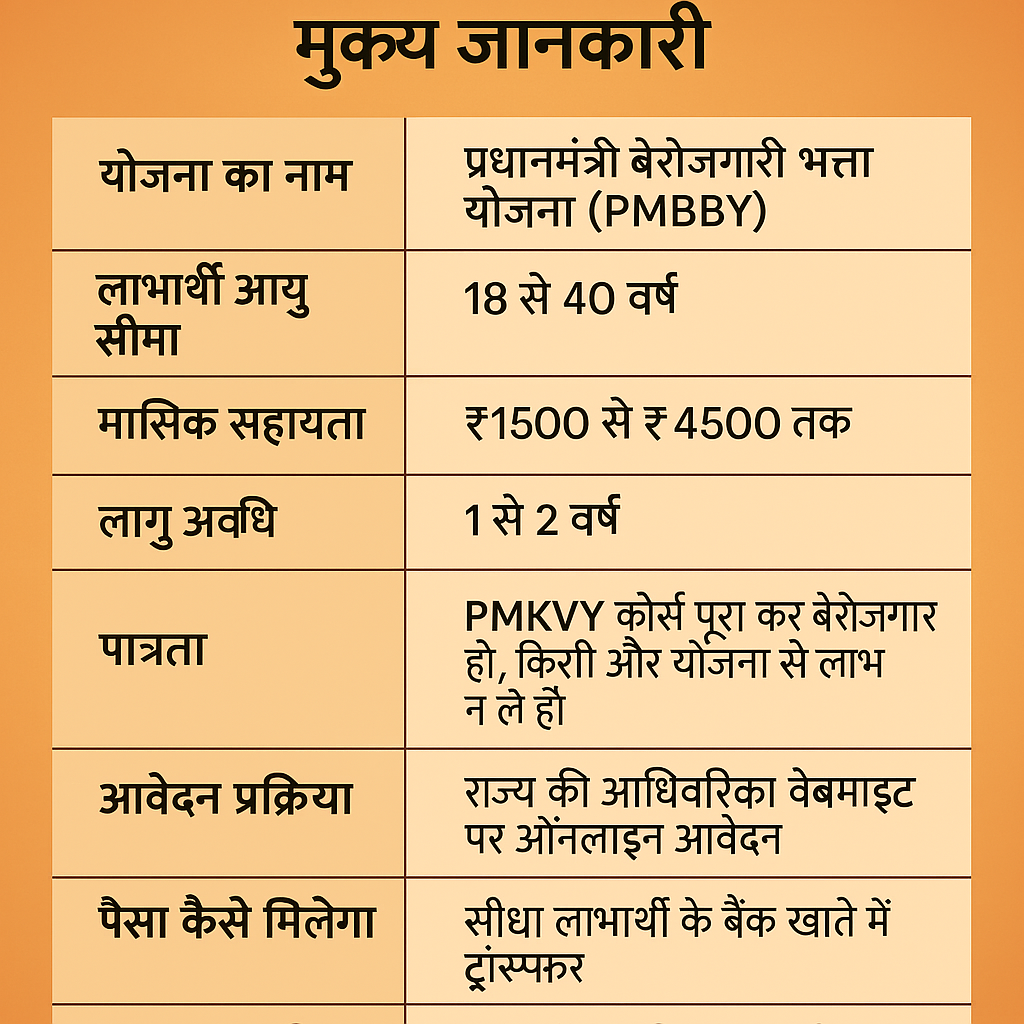


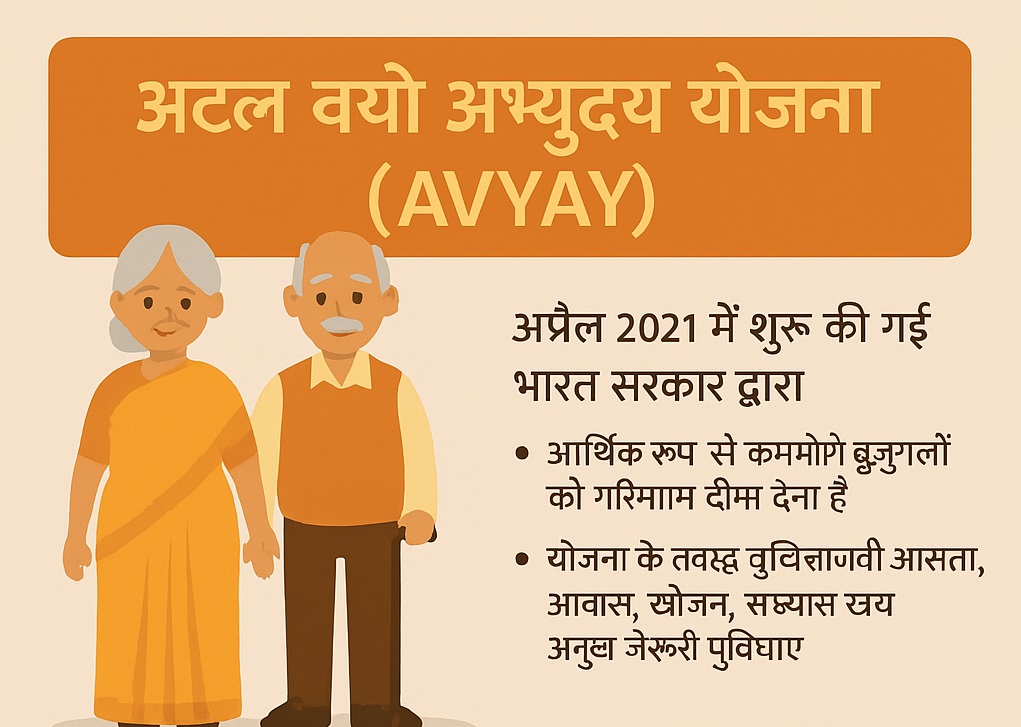


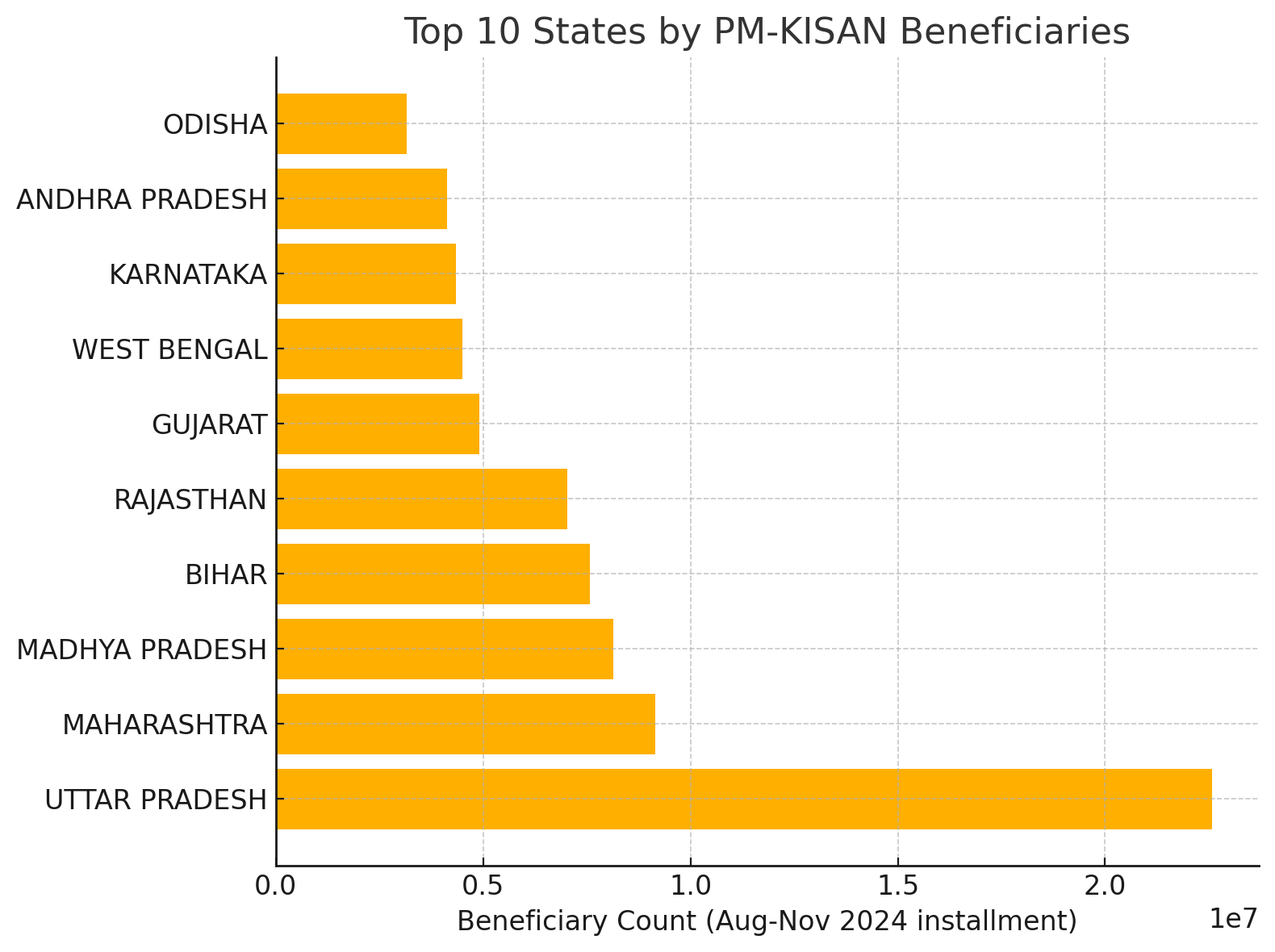
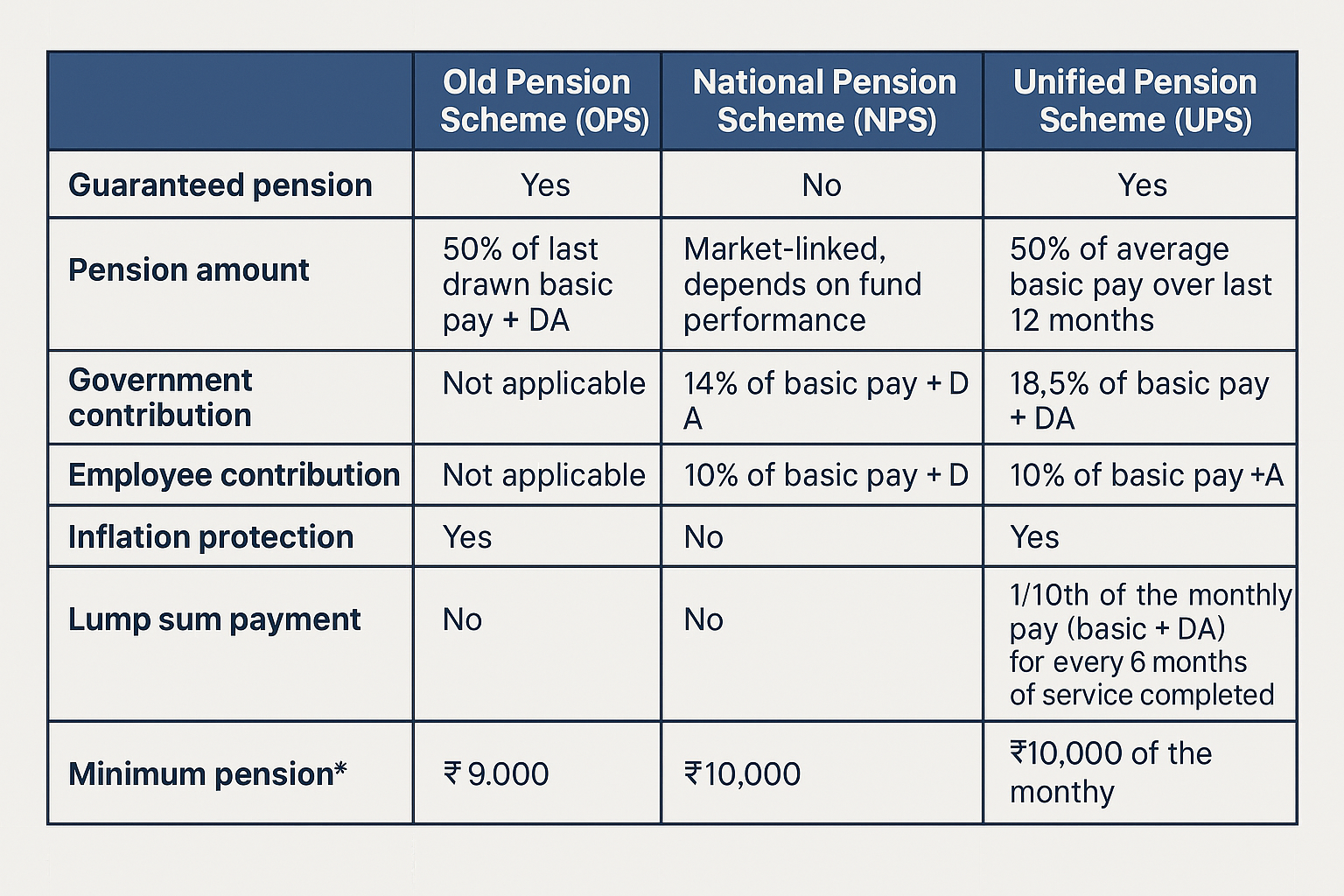


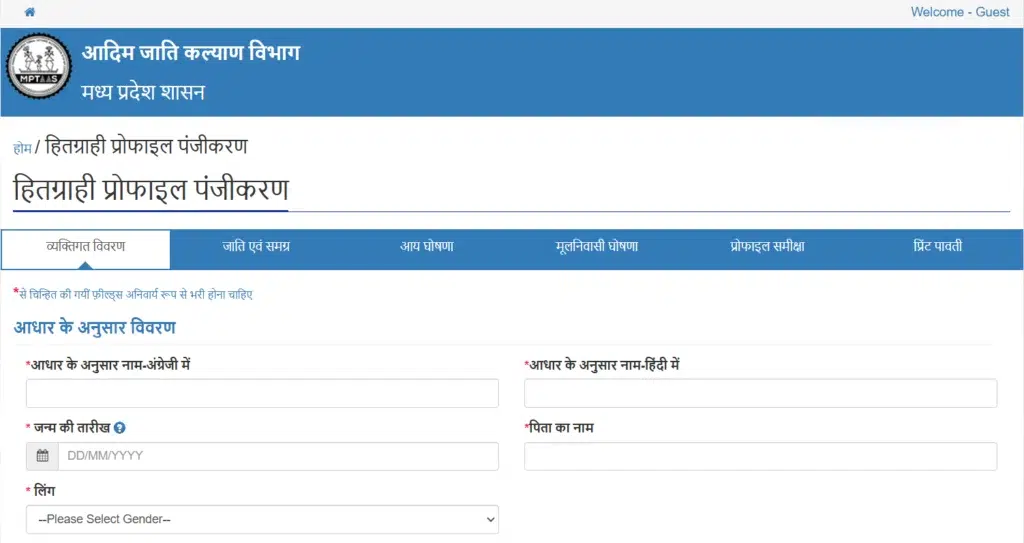








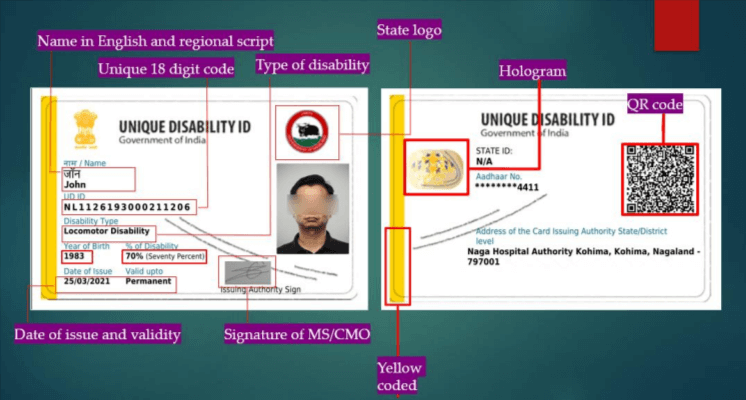

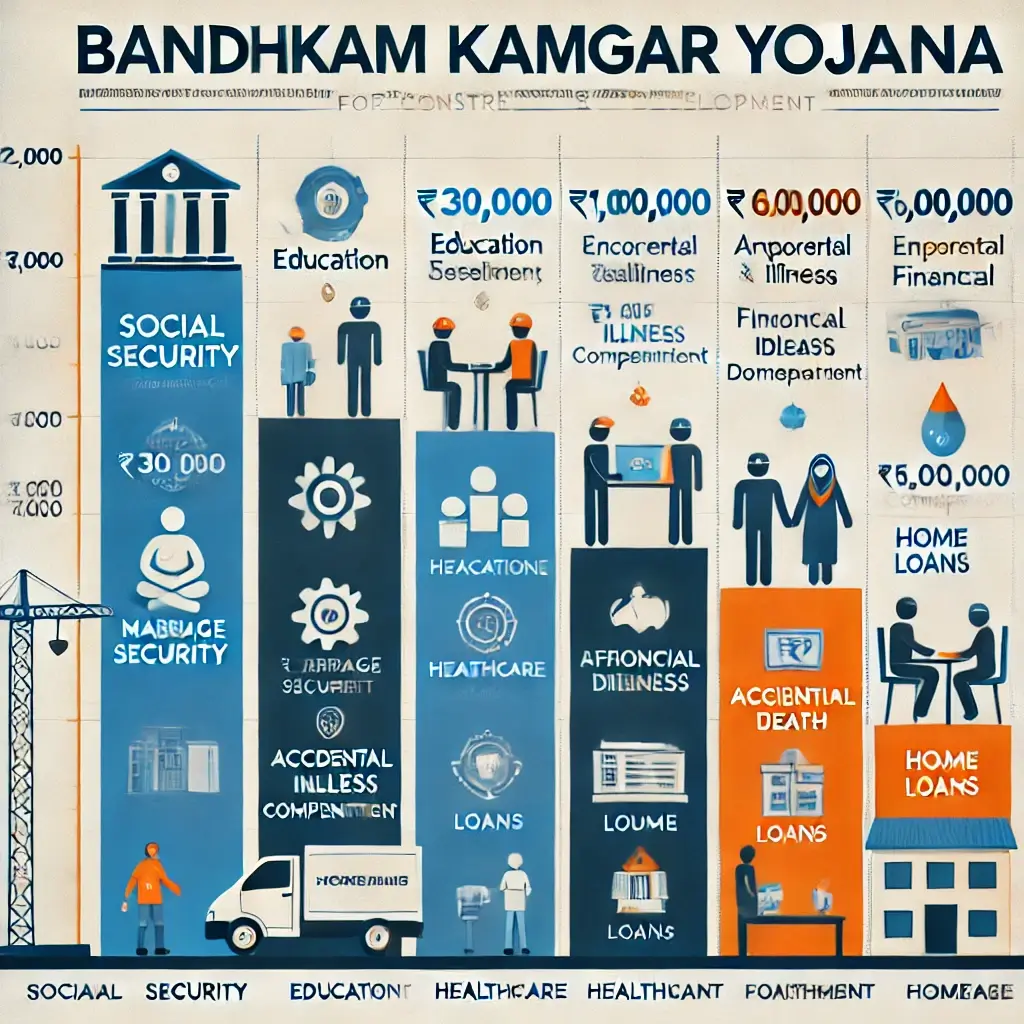



a9kri8